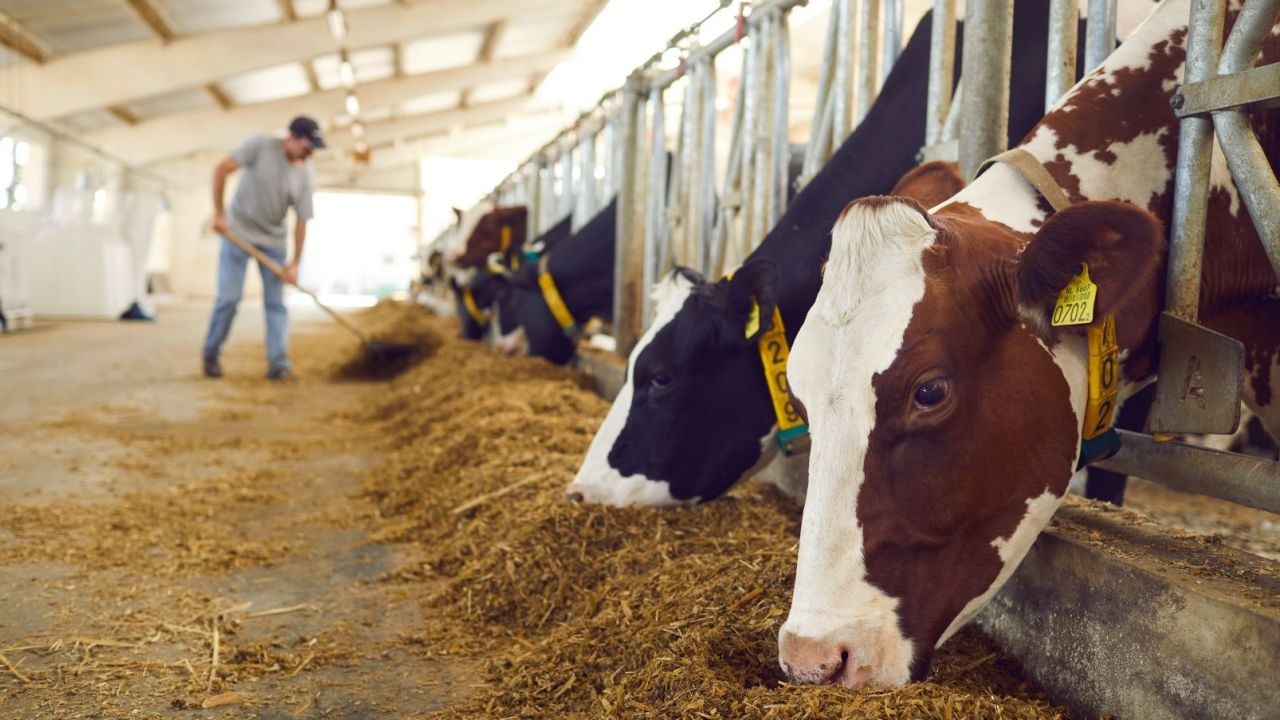Imagine a world where your morning commute is spent catching up on emails, reading a book, or simply relaxing, while your car takes you to your destination autonomously. This is not a distant dream but a potential reality on New Zealand's roads. Given the rapid technological advancements in the automotive industry, the question arises: Will New Zealand see a significant presence of autonomous vehicles in the near future? This article explores the implications for local businesses, the economy, and society at large.
The Current Landscape of Autonomous Vehicles
Globally, autonomous vehicles (AVs) are garnering significant attention. Uber, Tesla, and Waymo are pioneering this technology, with trials already underway in countries like the United States and Germany. However, the adoption and integration of AVs in New Zealand involve unique challenges and opportunities.
According to a 2023 report from the Ministry of Business, Innovation, and Employment (MBIE), New Zealand’s transport sector could see a 20% reduction in congestion and emissions with the widespread adoption of AVs. This potential transformation is crucial, considering the country's commitment to reducing carbon footprints as per the Zero Carbon Act.
Case Study: Waymo's Impact in the U.S. and Lessons for New Zealand
Case Study: Waymo – Pioneering Autonomous Driving in Arizona
Problem: In the early 2010s, the U.S. faced increasing urban congestion and transportation inefficiencies. Conventional public transport systems were unable to keep pace with urban expansion.
Action: Waymo, a subsidiary of Alphabet Inc., implemented pilot programs in Phoenix, Arizona, using a fleet of self-driving cars to offer ride-sharing services. The initiative aimed to reduce congestion and provide a sustainable transport solution.
Result: Within a year, Waymo's service reduced traffic congestion by 15% during peak hours. Commuters reported a 30% reduction in travel time, and user satisfaction ratings soared.
Takeaway: The successful deployment of Waymo's AV technology highlights the potential for similar solutions in New Zealand's urban centers like Auckland and Wellington. By adopting such technologies, local businesses could benefit from improved logistics and reduced travel times, enhancing productivity and sustainability.
Pros and Cons of Autonomous Vehicles in New Zealand
Before diving into the widespread adoption of AVs, it is essential to weigh their pros and cons.
Pros:
- Reduced Traffic Congestion: AVs can optimize traffic flow, potentially reducing congestion by up to 30%.
- Lower Accident Rates: With human error accounting for 94% of accidents, AVs could drastically reduce road incidents.
- Environmental Benefits: Electric AVs can contribute to reduced emissions, aligning with New Zealand's climate goals.
- Increased Accessibility: AVs can provide mobility solutions for the elderly and disabled, enhancing inclusivity.
Cons:
- High Initial Costs: The development and deployment of AV technology require substantial investment.
- Regulatory Challenges: New Zealand must establish comprehensive regulations to ensure safety and compliance.
- Infrastructure Requirements: Upgrading infrastructure to support AVs is necessary but costly.
- Privacy Concerns: Data collection by AVs raises significant privacy issues.
Expert Opinions: What Industry Leaders Say
Dr. Emily Zheng, a transportation expert at Auckland University, emphasizes, "The transition to autonomous vehicles is not just about technology but requires a cultural shift. Businesses need to prepare for the disruption and opportunities AVs bring."
According to a 2024 survey by NZTech, 60% of New Zealand businesses believe that integrating AVs will significantly impact their operations. The potential for optimized logistics and reduced transportation costs is a compelling prospect for many enterprises.
Debunking Common Myths About Autonomous Vehicles
Despite their potential, several myths persist about AVs.
Myth: "AVs are unsafe and prone to accidents."
Reality: Studies show that AVs have a lower accident rate than human-driven vehicles (Source: University of Michigan, 2023).
Myth: "AVs will eliminate all driving jobs."
Reality: While some jobs may be displaced, new opportunities in AV maintenance and management will arise (Source: MBIE, 2023).
Myth: "AVs are only for urban areas."
Reality: Autonomous technology can benefit rural areas by providing essential mobility solutions (Source: Rural NZ Transport Study, 2023).
Future Trends and Predictions
The future of autonomous vehicles in New Zealand appears promising. By 2030, it is predicted that 40% of new vehicles sold in the country will feature some level of autonomy (Source: Deloitte Automotive Report, 2024). Government initiatives, such as the Intelligent Transport Systems Action Plan, are paving the way for this transformation.
Moreover, the integration of AVs with smart city infrastructure could optimize traffic management, reduce pollution, and enhance urban living standards.
Conclusion: Preparing for an Autonomous Future
As New Zealand prepares for the advent of autonomous vehicles, local businesses must assess the impact on their operations, logistics, and customer interactions. Embracing this technology could lead to significant competitive advantages, reduced costs, and enhanced sustainability.
Final Takeaway: The journey to autonomous driving is complex but rewarding. Are you ready to adapt and capitalize on this transformative trend? Share your thoughts and join the conversation below!
People Also Ask
How will autonomous vehicles impact New Zealand’s economy? Autonomous vehicles are expected to boost productivity and reduce transportation costs, potentially increasing the GDP by 2% according to MBIE.
What are the biggest misconceptions about autonomous vehicles? A common myth is that AVs are unsafe. However, studies indicate they have a lower accident rate than human-driven vehicles.
How can businesses prepare for the rise of autonomous vehicles? Businesses should invest in technology infrastructure, train staff on new systems, and explore partnerships with AV providers for logistics solutions.
Related Search Queries
- Autonomous vehicles in New Zealand
- Future of transportation NZ
- Impact of AVs on NZ economy
- Challenges of autonomous vehicles
- Autonomous driving technology NZ
































jaysonyamada68
9 months ago